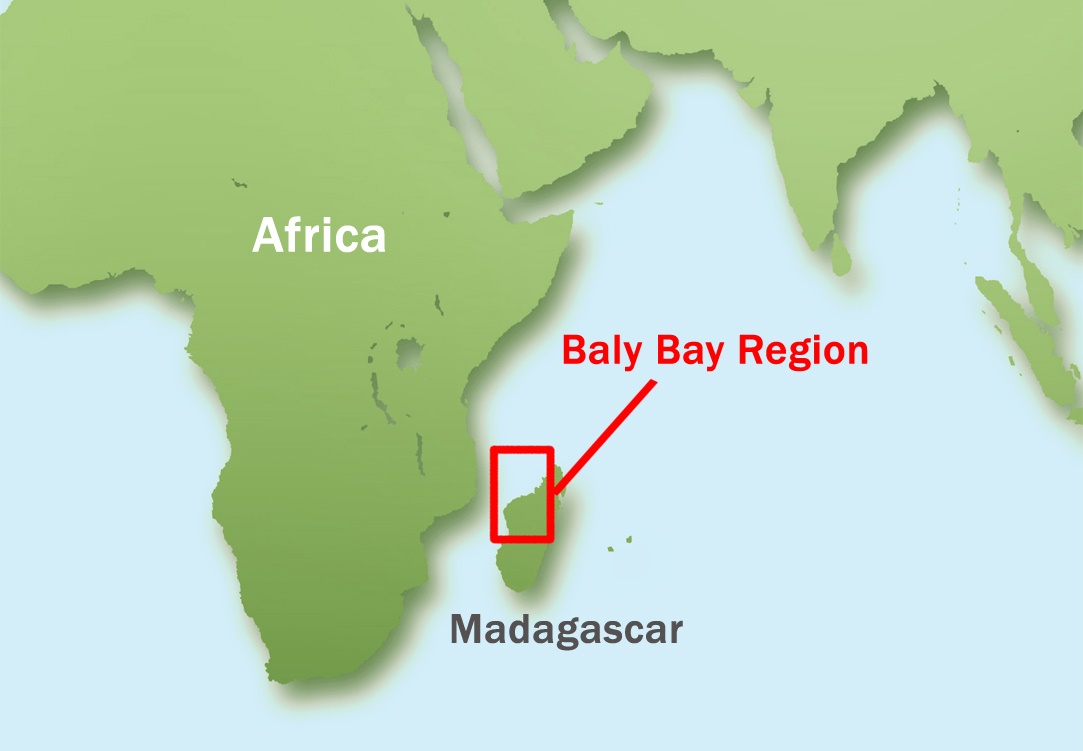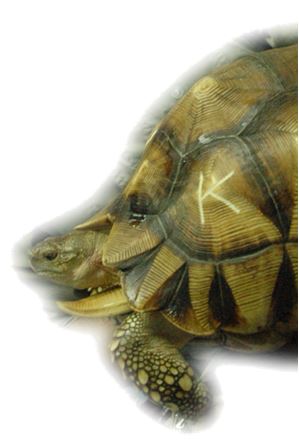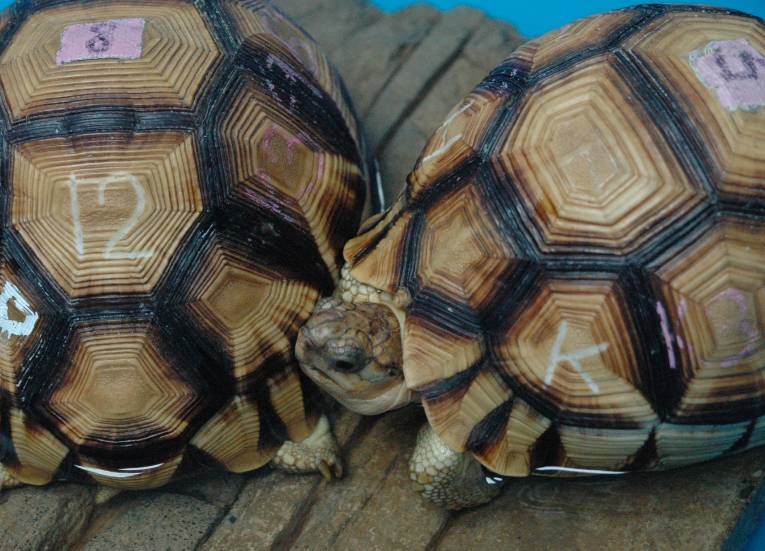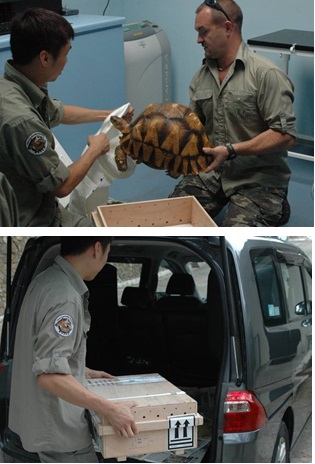Saving the World's Most Endangered Tortoise
Having travelled halfway round the world, eight Ploughshare Tortoises that were held by KFBG, left Hong Kong and entered the U.S. for a new life.
MADAGASCAN TORTOISE UNDER VERY SERIOUS THREAT OF EXTINCTION

In the Baly Bay region of northwest Madagascar lives one of the world’s rarest reptiles – the Ploughshare Tortoise (or Angonoka Tortoise). It is a beautiful animal that can grow up to 48 cm in length. It has a high domed carapace and gets its name from the plough-like projection from its lower shell.
Current threats that include poaching, habitat loss and illegal capture for the pet trade have pushed the tortoise to the brink of extinction. It is estimated that there are only about 300 Ploughshare Tortoises left in the wild. The International Union for Conservation of Nature (IUCN) categorized the species as Critically Endangered in 2008. It is now one of the 10 most endangered species of animals in the world.

RAMPANT WILDLIFE TRADE
Of all the threats faced by the Ploughshare Tortoises, illegal collection is now the prime reason for the disappearance of these animals in the wild. Owing to their rarity, they have been extensively harvested to fulfil the ever-increasing international demand from the pet trade. Many are smuggled to Asia and sold at high prices in black markets. Despite the fact that the Ploughshare Tortoise is protected under Madagascan National Law, and since 1975 has been listed under Appendix I of the Convention on International Trade in Endangered Species of Wild Fauna and Flora (CITES), the huge profit is a great incentive for illegal traders to carry on smuggling these tortoises out of Madagascar.
EX-SITU CONSERVATION AT KFBG

On 3rd June, 2011, eight Ploughshare Tortoises being held temporarily by KFBG were sent to the Turtle Conservancy’s Behler Chelonian Centre (BCC) in the United States. They were confiscated by the Hong Kong Government in 2009 and 2010, and were sent to KFBG for short-term care. The tortoises will form part of the BCC's conservation breeding programme for the species. An adult male (already at the centre and the only known adult male Ploughshare Tortoise in all of North America!) will be paired with an adult female sent from Kadoorie Farm and future breeding will hopefully ensure that this species does not become extinct.

(Below) Tortoises in crates ready to depart to the U.S.
It is hoped that, one day, the rescued tortoises or their offspring can be sent back to their native habitats in Madagascar, and they can then live freely without the danger of being re-captured for the illegal wildlife trade.


